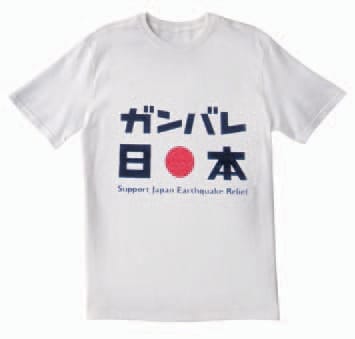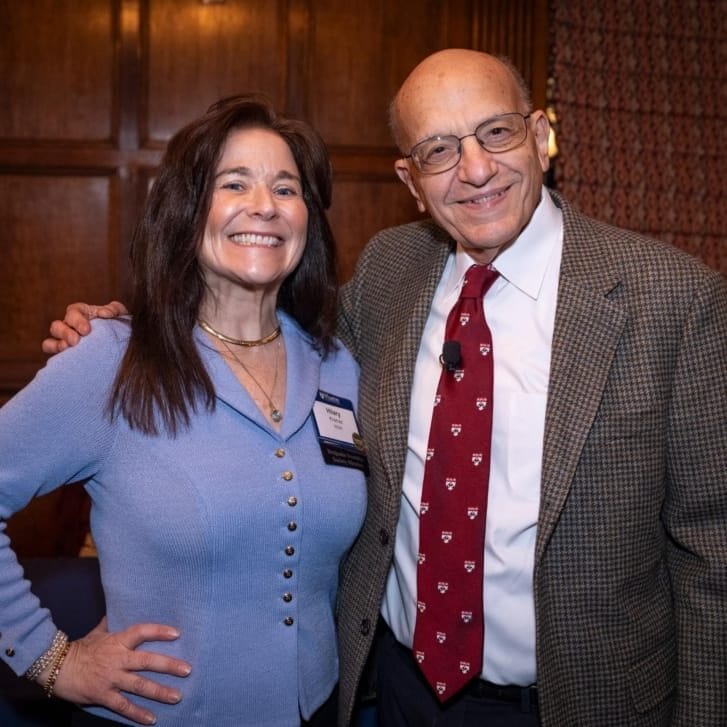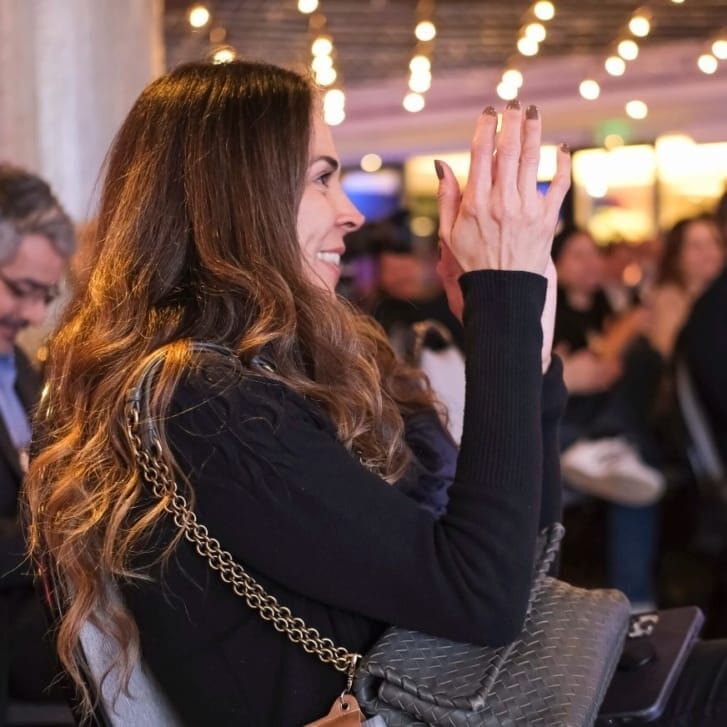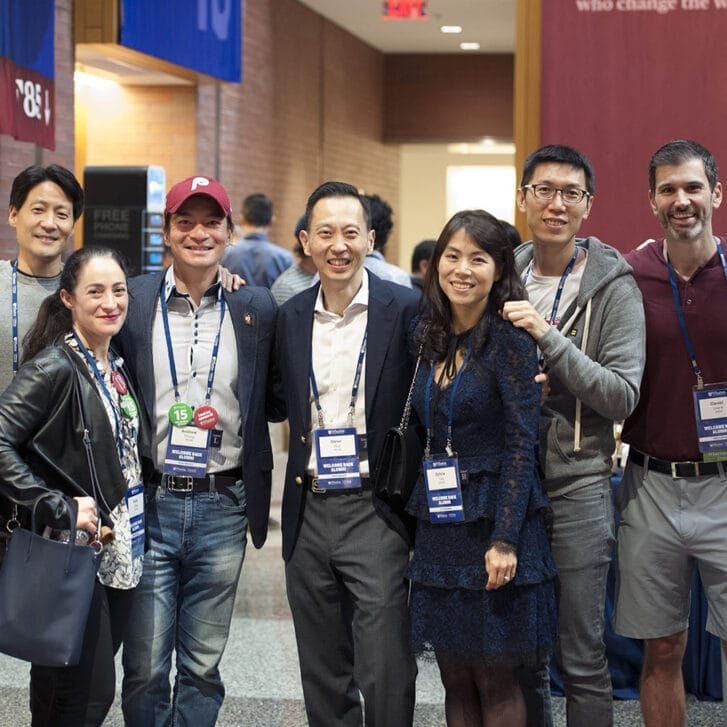Ken Iwakura, WG ’11, was somewhere in Virginia when his world was shaken. He and his wife, Minori, were driving back to Philadelphia from a spring break vacation in Orlando when he noticed an unusually high number of emails from Tokyo popping up on his phone.
The date was March 11, 2011, and one of the biggest earthquakes in history had just wrought massive death and destruction on the northeast part of Japan.
“I knew something big had happened,” said Iwakura, who at the time was serving as president of Wharton’s Japan Club. “One of the emails was from the Wharton office in Tokyo. The Wharton Japan trip was taking place, and 151 students were in Tokyo at that time. They wanted me to contact other people to tell them they were all safe and sound.”
When they finally arrived at their Philadelphia apartment, the Iwakuras turned on CNN and sat shocked by the horrific images. The 9.0-magnitude quake and subsequent tsunami resulted in the death of more than 15,300 people. “It was so painful, we couldn’t stop crying,” Iwakura said. “You couldn’t understand how large the number of casualties was.”
After that initial period of mourning passed, Iwakura understood that he couldn’t sit idle. Though he didn’t know anyone directly affected by the disasters, he felt a keen sense of connection to his homeland. It was this yearning to help that led him and others to spearhead an effort that ultimately raised $97,400 for relief efforts in Japan.
“It really made me proud to see my classmates devoting themselves to the cause with such motivation and determination,” said Pauline Wu, WG ’11, who pitched in as well.
A day after the quake, Iwakura convened a meeting in his apartment at 23rd and Walnut streets during which he, You Nagami, WG ’11, and a handful of others hatched a fundraising plan.
“At the same time we wanted to spread the message that Wharton and the city of Philadelphia [were] trying to support Japan,” he said. “We wanted to design a T-shirt that we could wear in school and in Philadelphia so we could raise awareness.”
One of the people at the meeting asked a designer friend in Japan to sketch a few possibilities and send them to Philly. When one was selected the group leaned on Wharton contacts, one of whom introduced them to a T-shirt manufacturer and another of whom agreed to sell the shirts on the website, kembrel.com.
 The orders and donations to the Red Cross on firstgiving.com began rolling in.
The orders and donations to the Red Cross on firstgiving.com began rolling in.
“The passion of the Wharton Japanese student community was incredibly motivating,” Wu said. “They really gave up a lot of their time getting T-shirts and stickers made, selling them at countless events such as the Wharton International Cultural Show and the Sakura Sunday event held by the Japan America Society of Greater Philadelphia, working with other student clubs to get funds to the Red Cross, running bake sales, and promoting and holding fundraising events.”
Assistance poured in from across the Penn community.
“So many people were cooperative and approached us and said they wanted to take part in the efforts,” Iwakura said. “The executive MBA program, the design school, the vet school, the language program and the law school. I was very moved because people approached us. We didn’t approach them.”
Although the campaign is now complete, none of the participants consider their work to be finished. When Iwakura, who is employed by the Bank of Tokyo Mitsubishi, returned to Japan on May 20, he found a very different Tokyo from the one he once knew.
“Since the nuclear reactors in the northern part of Japan have stopped operating, electricity is not fully provided to Tokyo,” he said. “The entire city is in a low-power mode. They want to operate more efficiently, so 40 percent of the light bulbs in the city are turned off. It’s pretty dark. You can’t notice if a store is operating because the lights are turned out. You have to go inside and then you know- oh, it’s open.”
Even despite the vastness of the damage, however, the Japanese people remain hesitant to raise their hands and ask for help, Iwakura said. This is something he’d like to change.
“The greatest thing is how cooperative American society is toward people who need help,” he said. “I believe this is very different compared to the Japanese culture. In Japan you’re not as aware of who really needs help. In the United States it’s okay to say, ‘I need help.’ I would like to take this back to Japan.”
Wu, for her part, says the tragedy—and the Wharton community’s reaction to it—has in some ways strengthened her bond with the country. So much so, in fact, that she was planning on spending two weeks in June volunteering with a nonprofit organization dedicated to earthquake relief.
“Although I only lived there for a year, I was overwhelmed by the kindness and generosity that is a part of Japanese culture,” she said. “I think my experience helping with the Wharton Japanese community influenced my decision to go [assist with recovery efforts]. Although the disaster was and is tragic, I think that the devotion shown by the Japanese students and those in the greater Wharton and Penn community provided some renewed hope in mankind.”


























